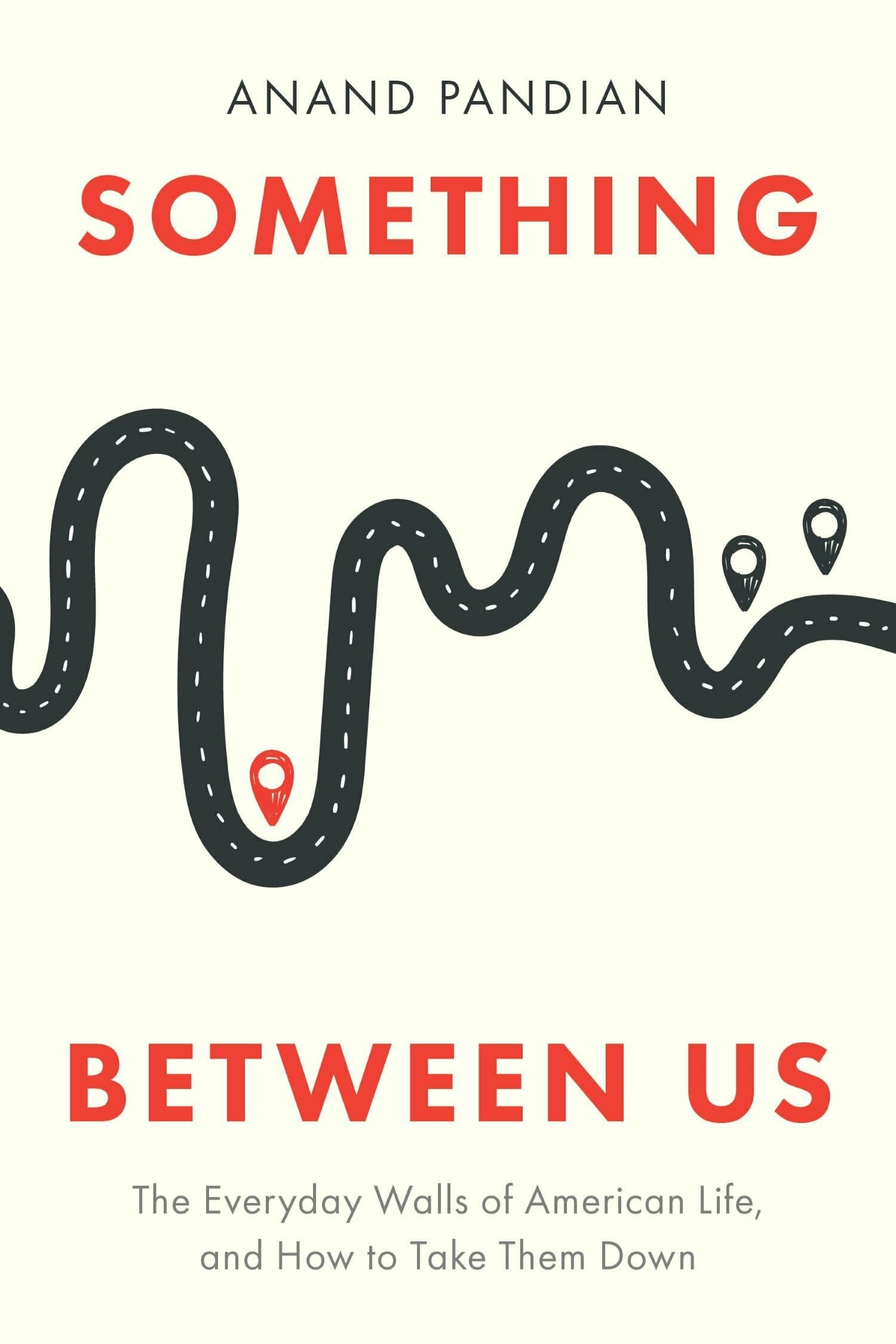Overlooking Damage

What does it mean to look? How does looking relate to damage? These are the fundamental questions addressed in Overlooking Damage. From the Roman triumph to the iconoclasm of ISIS and the Taliban to the aerial views of looted landscapes and destroyed temples visible on Google, the relationship between beauty and violence is far more intimate than we sometimes acknowledge.
Jonah Siegel makes the daring argument that a thoughtful reaction to images of damage need not stop at melancholy, but can lead us to a new reckoning. Would the objects we admire be more beautiful if they were not injured or displaced, if they did not remind us of unbearable violence? Siegel takes up writers from the time of the French Revolution to today who have reacted to the depredations of revolutionary iconoclasm, imperial looting, and industrial capitalism, and proposes that in these authors we may find resources with which to navigate our contemporary situation.
Deftly bringing the methods of literary studies to bear on important debates in the study of heritage, archaeology, and visual culture, Overlooking Damage reflects on the ways in which concepts of beauty intersect with periods of epochal violence in an attempt to resist the separation of broken things from the worlds in which they have come to be embedded.
"With extraordinary erudition, Siegel acts as an archaeologist of our cultural imaginary of ruin itself. Overlooking Damage asks us to meditate on how art and culture thrive on the destruction of worlds."—Dominique Poulot, University of Paris 1 Panthéon-Sorbonne
"Overlooking Damage is a tour de force. This is a book we'll be reading and wrestling with for years to come."—Paul Saint-Amour, University of Pennsylvania
"Ultimately, Siegel's intent is to look to 18th- and 19th-century reactions to art and loss to identify resources that will help readers comprehend contemporary situations. As aghast as viewers may be by the destruction of antiquities, Siegel reminds readers that contemplation of damage can also lead to aesthetic and moral insight. Highly recommended."—L. A. Wilkinson, CHOICE
"In a moment of facile 'moralizing absolutes,' this is what the best of scholarship can do—confound, frustrate, thwart, all the while insisting we move forward."—Natalie Prizel, Victorian Studies




